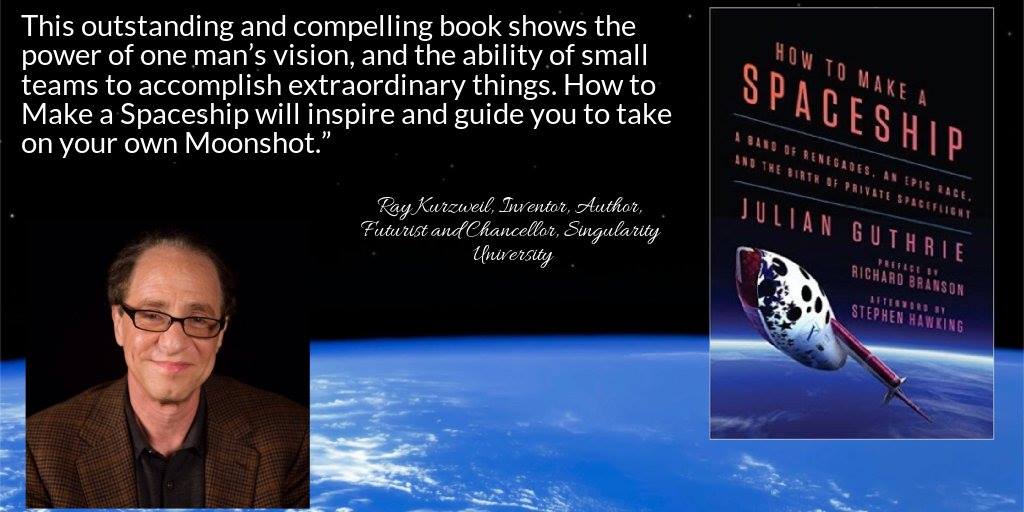Alone in a Spartan black cockpit, test pilot Mike Melvill rocketed toward space. He had eighty seconds to exceed the speed of sound and begin the climb to a target no civilian pilot had ever reached. He might not make it back alive. If he did, he would make history as the world’s first commercial astronaut.
The spectacle defied reason, the result of a competition dreamed up by entrepreneur Peter Diamandis, whose vision for a new race to space required small teams to do what only the world’s largest governments had done before.
Peter Diamandis was the son of hardworking immigrants who wanted their science prodigy to make the family proud and become a doctor. But from the age of eight, when he watched Apollo 11 land on the Moon, his singular goal was to get to space. When he realized NASA was winding down manned space flight, Diamandis set out on one of the great entrepreneurial adventure stories of our time. If the government wouldn’t send him to space, he would create a private space flight industry himself.






